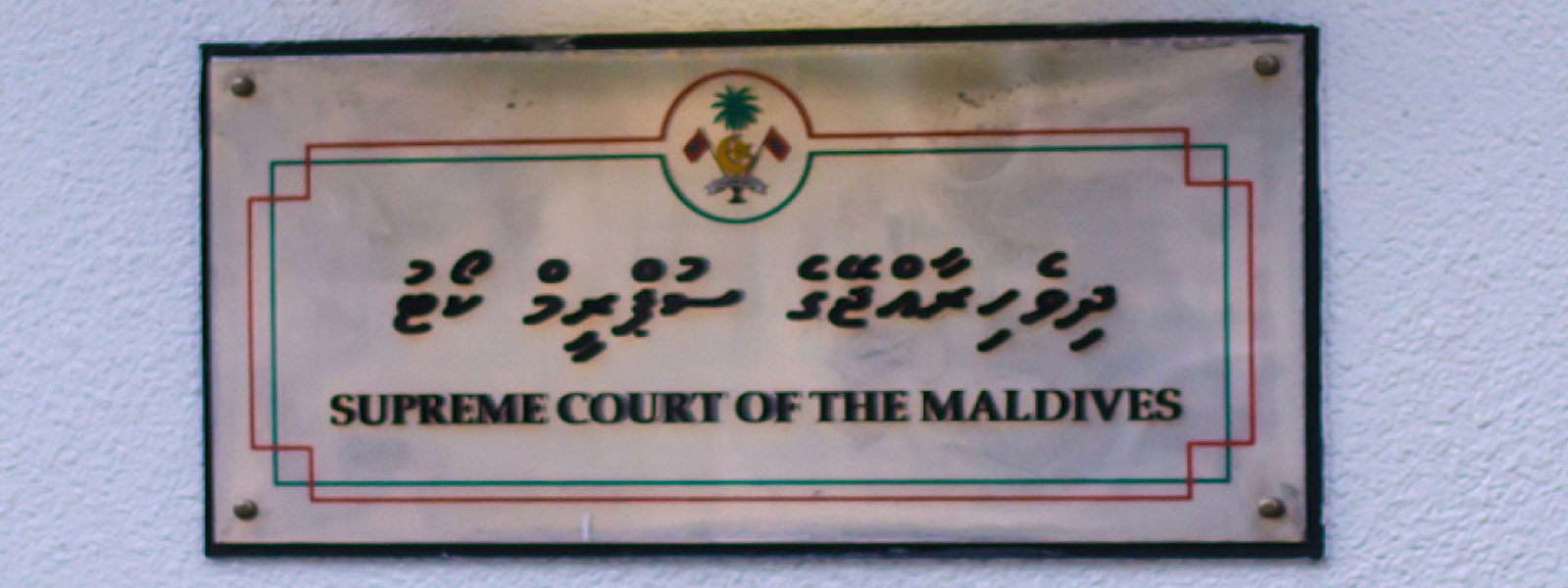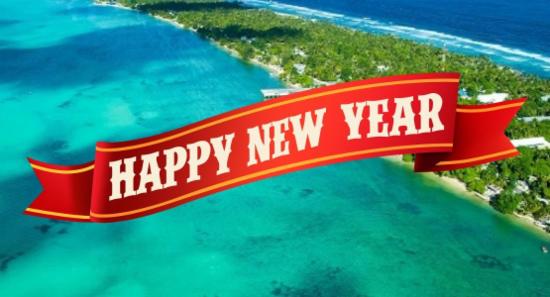.webp)

Crisis in Maldives: President Yameen refuses to meet senior European diplomats
The situation in Maldives is still volatile and is deepening by the day. With the chaos rising, the Maldivian police force announced charges of planning a coup have been raised against former President Maumoon Abdul Gayoom, Chief Justice Abdullah Saeed and Justice Ali Hameed.
According to Maldivian media, the judicial services commission has issued an order suspending the chief justice of his duties.
Manwhile, the German Embassy in Colombo tweeted that the Maldivian government refused dialogue with UK and EU diplomats who arrived in the country.
A Coup?
Acting Police Commissioner Abdullah Nawaz has announced the three, along with Judicial Administrator Hassan Saeed, had conspired to oust the legally elected Government of Maldives, using illegal means. The arrest came after a state of emergency declared by incumbent President Abdulla Yameen following a supreme court verdict last Thursday (February 1) to free his political opponents. This order has now been reversed.The United Nations gets involved
United Nation’s Chief Antonio Guterres has expressed his concern over the arrest of Chief Justice Abdullah Saeed and the events unfolding in the Maldives. A statement released by his spokesperson noted that the Secretary-General urges the Government of the Maldives to;- Uphold the constitution and rule of law
- Lift the state of emergency as soon as possible,
- Take all measures to ensure the safety and security of the people in the country, including members of the judiciary
UN High Commissioner for Human Rights
United Nation High Commissioner for Human Rights has raised alarm over the status of the Maldives, stating the democracy was under ‘all-out assault’ in the country. Issuing a release he noted that “The suspension of several functions of the judiciary and Parliament, and the restrictions on a series of constitutional rights, create a dangerous concentration of power in the hands of the President". He had also noted that state of emergency declared by the President has usurped the authority of the State’s rule-of-law institutions and its ability to work independently from the executive.Other Articles
Featured News





.png )

-821526_550x300.jpg)
-821504_550x300.jpg)
-821476-821483_850x460-821491_850x460-821498_550x300.jpg)
-821413_550x300.jpg)





-819380_550x300.jpg)


-812087_550x300.jpg)
-810262_550x300.jpg)
















.gif)